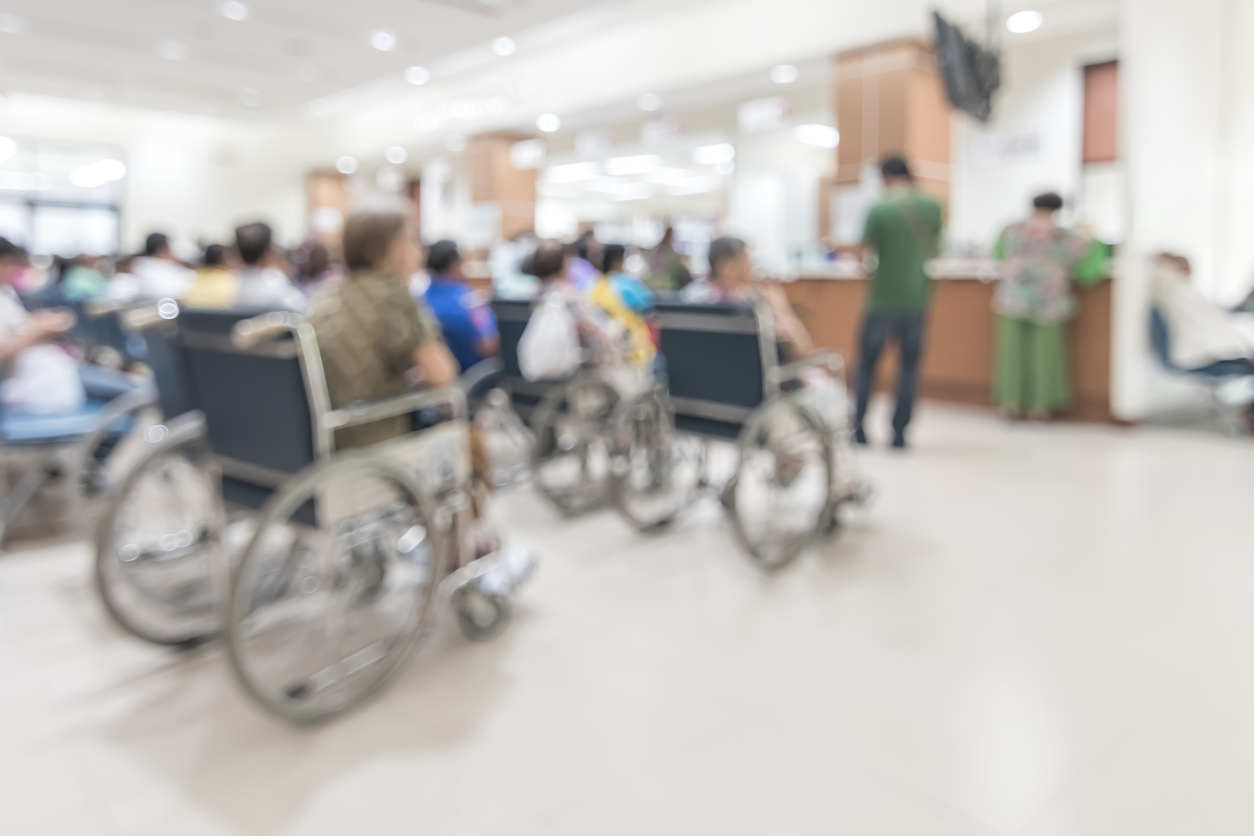ALTER
Reducing patient wait times in Ireland's emergency departments by leveraging Artificial Intelligence technologies

In Brief
- Challenge: Digital for Resilience Challenge
- Challenge Type: National Challenge Fund
- Status: Active
The Challenge
Key issues contributing to overcrowding in Irish hospitals include insufficient community-based care, inefficient patient flow, and increasing demand for healthcare services due to an ageing population. The Internet of Things (IoT) refers to the interconnectivity of physical devices (e.g., smartwatches) that allows the objects to collect and exchange data. IoT sensor data has been used to create automated computer systems capable of performing human-level intelligence tasks without human intervention. These systems are often termed 'artificial intelligence' (AI) and represent an opportunity to fundamentally revise our healthcare services and optimize the distribution of resources to tackle complex challenges like hospital overcrowding. The application of AI in medicine and healthcare shows clear beneficial aspects for humans in terms of computer-aided diagnoses, improved workflow, and efficiency through structured eHealth reporting, ongoing evaluation, and monitoring through sensors and systems for the prevention or early detection of long-term illnesses like cancer or diabetes.
The Solution
Our research aims to address the gap between AI and healthcare systems in Ireland by creating a digital twin (DT) of the emergency department (ED) at University Hospital Limerick (UHL). Data generated from the DT can also be leveraged using machine learning (ML) and data analytics to predict how the system changes as patients flow through the system providing insights into system bottlenecks contributing to overcrowding. The application of Artificial Intelligence (AI) tools in optimizing patient flow and resource allocation has proved successful in other countries. Within the Irish healthcare system, similar systems will improve the efficiency and effectiveness of healthcare services to patients and can reduce the administrative burden on staff. This research will ensure the well-being of patients and improve their experience within the HSE environment.
The Team
- Team Lead: Dr Meghana Kshirsagar, University of Limerick
- Team Co-Lead: Dr Alison O’Connor, University of Limerick
Societal Impact Champion
- Prof. Damien Ryan, HSE